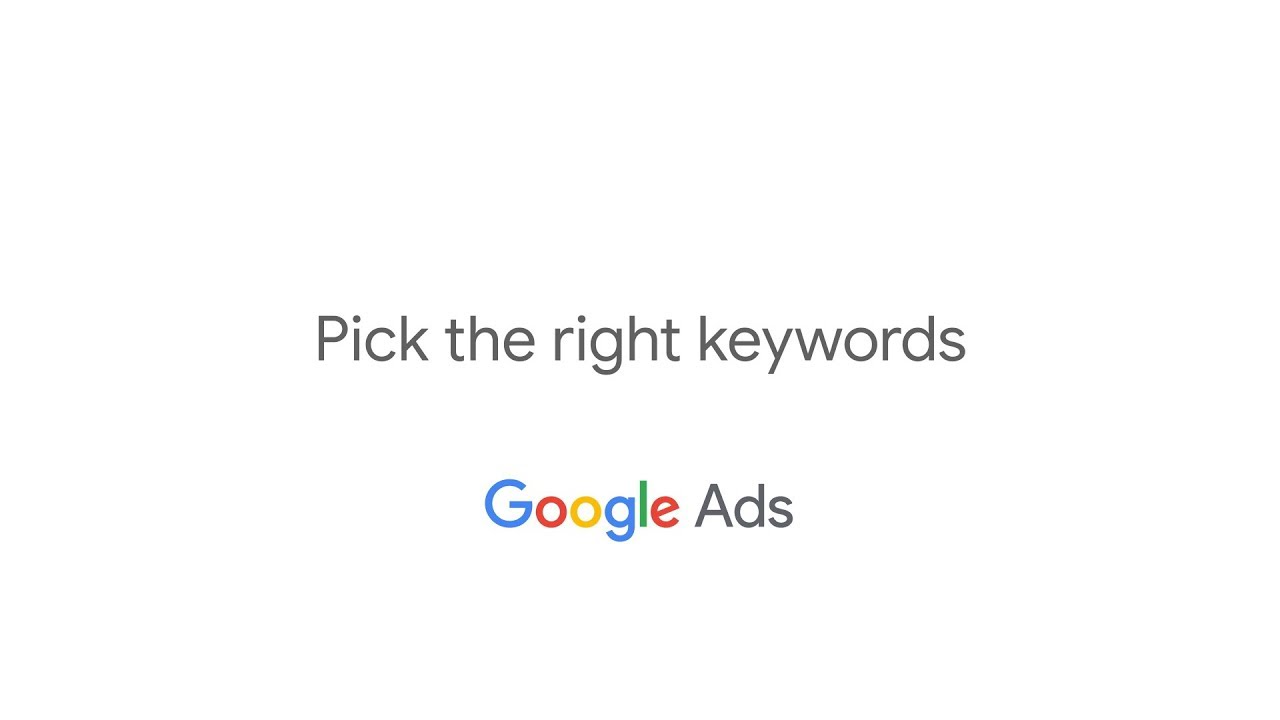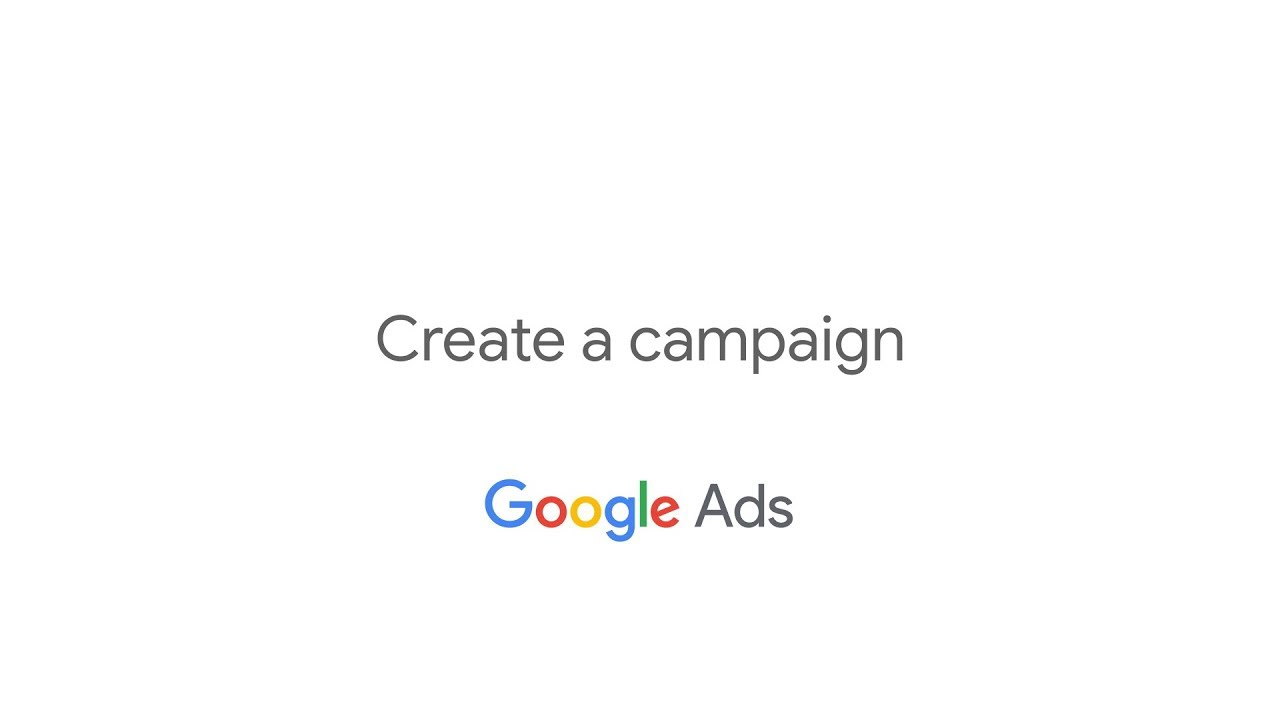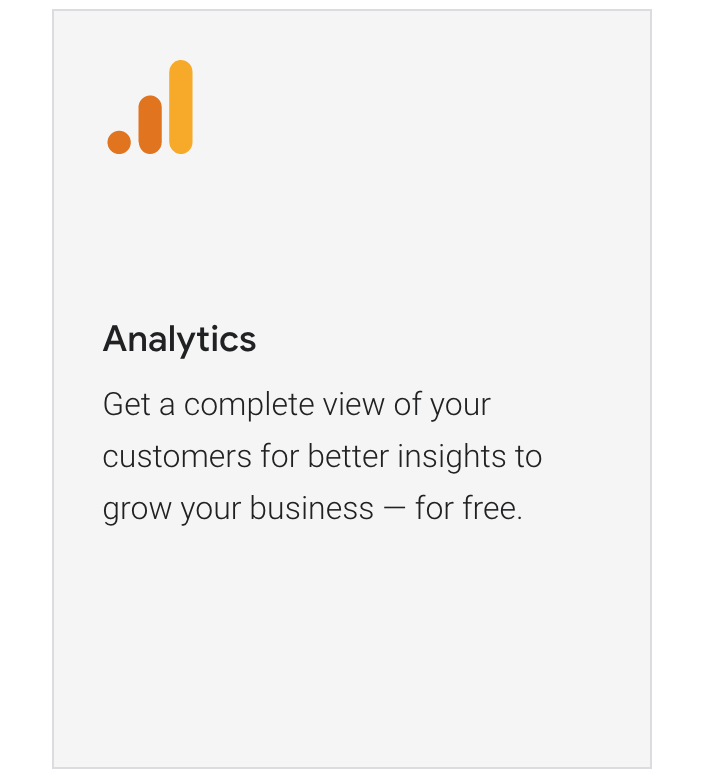In this chapter, we will be sharing our knowledge and tips that will help you understand Pay Per Click Marketing and rock your first campaign.
What is pay-per-click (PPC) marketing?
Once you start digging into online marketing, you will have to make a decision on whether you are going to focus on organic reach or paid reach. A primary factor for determining which one you will choose is your budget, but your time and knowledge can impact your decision, too. If your budget is very limited, you should focus on organic marketing tactics. The success of this type of campaign depends on the quality and relevance of your content. On the other hand, if your budget allows, then you should master PPC advertising.
How does pay per click work?
Let’s say that you are ready to start mastering PPC. After deciding on the amount of money you can invest, you will have to set clear goals. In PPC marketing, goals are called conversions, and they can be anything from visiting a website, to watching a video, to filling out a form or contacting a business. Your goal can be defined as one macro goal (watch a video) or can be a set of several micro goals which lead to one macro goal.
Conversions are measures that help calculate how much of your investment you earned from your campaigns (ROI - Return on Investment). The formula for ROI is very simple: ROI = Revenue - Costs / Costs x 100, in which revenue represents value measured with conversions, whereas costs are the amount of money you invested. Once you know your ROI, you can determine how successful your PPC campaign was.
Pro tip
- PPC ads have to be relevant. This is what searchers are looking for.
- Use device targeting. Some ads may run better on mobile, some may run better on a laptop. Ensure your ads work well for the intended device.
What are keywords and why do they matter for PPC?

Keywords are exactly what their name implies - specific words that someone uses when searching for a topic of interest. They are mainly used in search engine marketing and are the core of PPC. Organic results are often considered when searching for answers to personal questions, whereas sponsored results are often considered when searching for products and services. Depending on your business search query, you can decide whether your business is suitable for Google Ads.
What keywords you will use depends on your topic and choice of what you want to be found. For example, if you are a photographer specializing in wedding photography and you are looking for clients in Austin, Texas, some keywords to target include wedding photography, wedding photography in Austin, and Austin wedding photography.
A helpful tool for keyword planning is Google’s Keyword Planner. Not only does it show you how popular your keyword is at the moment, but you can also obtain insights into historical search trends. With this knowledge, you can predict how popular it will be in the future and whether that keyword is worth the investment.
1. Google Ads was launched in 2000 and had 350 customers
2. The top three paid advertising spots get 46% of the clicks on the page
PPC guide
Defining your PPC campaign audience
When it comes to search engine marketing, your audience is mainly determined by the keywords they are searching for. It is enough to have a clear idea of your target country, region or city, and you are ready to go. While search engines define an audience mainly by the keyword they are searching for, your audience definition needs to be specific so that Google knows who to target by showing them the ad. In other words, in search engine marketing (SEM), your audience searches for you, whereas in social media marketing (SMM), you search for your audience.
What’s good about social media marketing is that you can go into detail when doing audience targeting. You can start with defining their age, location and gender and jump to defining their level of education, work status, interests and more. This means that, based on your knowledge and experience, you can target the ideal person who is more likely to invest in your product.

Photography service
You want to create a campaign for your photography service that targets potential customers in Austin, Texas. Your areas of focus are wedding birthday services. You have already done extensive research on popular keywords, including:
- Wedding photography
- Wedding photography Austin
- Wedding photography
- Austin wedding photography
- Wedding photographer Austin
Writing winning PPC ads
The two main components of search engine marketing are the keywords you are targeting and the ads you display. It is clear that ads are trigger for a visitor to arrive at your target destination. Google defined some rules for creating display ads by limiting the number of characters you can use, words you cannot use, capitalization, etc.
Each display ad consists of a:
Headline - 25 characters
Description 1 - 35 characters
Description 2 - 35 characters
Display url - wwww.Yoursite.Com/productname
Source: support.google.com/google-ads

Choosing the right objective
All campaigns must have conversion goals, otherwise you are wasting money. Whatever goal is valuable for your business can become a conversion. See what is working for you best - keywords, ads, ad groups or campaigns. When you understand your ROI, you make better decisions about how you spend your resources. Use Smart Bidding strategies and see how customers interact with your ads on different devices or browsers.
Budgeting
Finally, once your ad is ready, you can get into the auction race. In both traditional and digital marketing, it is very important to understand what you will be paying for in order to calculate campaign costs.
When it comes to search engine marketing, you only pay when there is a click on an ad. This means that your ad can be shown 1000 times, but if it is only clicked twice, you will only pay for those two clicks, which will be your cost per click amount.
Speaking of CPC, the next thing you need to understand is how cost per click is calculated. Google advertising works as an auction. Google Ads offer bids for keywords. The higher the bid, the higher your ad position. Well, at least in theory. In real life, both the landing page and ad must be relevant to score the highest click-through rate. Once those three conditions are met, you will be rewarded by Google.
The success of search engine campaigns depends on testing, following search trends and your target audience.
When it comes to PPC ads and setting a budget, there are four factors to consider:
Daily budget - the amount of money spent per day
Lifetime budget - the amount of money spent for the whole campaign
Cost per click (CPC) - the amount of money you pay when somebody clicks on your ad
Cost per mille (CPM) - the amount of money you pay when you reach 1000 impressions
When determining which type of budget to focus on, consider the approximate number of people you want to target and see how many people you will reach with your budget. If your ad reaches 10K+ people, and you have a lower budget, then your goal could be to show your ad to as many people as possible (CPM). If you reach up to 2K people and your ad gives a clear understanding of what they can expect to see or read, then the number of clicks could be more relevant. Of course, your final goal still has a crucial role in determining which one you will choose.
Measuring your results with Google Analytics
As always, start by defining your goal. Once you add the goal to Google Analytics, begin tracking the impact of each online marketing channel. For example, if you want to increase sales of your custom-made website designs, you should advertise on Facebook and Google Ads. You can use their own analytics to see the results and then manually compare them, or even better, use the Google Analytics dashboard to see how many people who purchased your website design came from Facebook and how many from Google Ads.

Creating an ad and allocating a budget to it are probably the simplest parts of a campaign. The challenging part is determining how successful your ad was and whether you should continue your paid campaigns. We hope this PPC beginners' guide will serve as a blueprint to help you with your ad endeavors.
Both search engines and social media give you full support not only in creating an ad, but also monitoring and analyzing its success. For Facebook and Instagram advertising, you can view all the statistics in Facebook Ad Manager, but the Instagram mobile app itself offers some statistics too. Finally, Google Ads gives you the option to see every single detail on its dashboard. Moreover, for any campaign, you can use Google Analytics. Good luck.